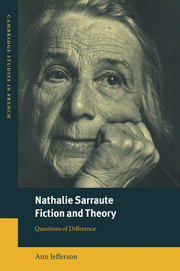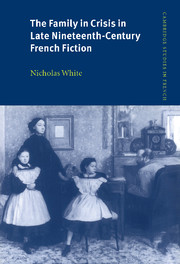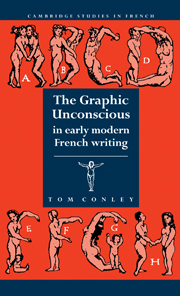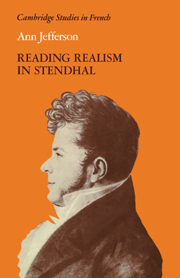Nathalie Sarraute, Fiction and Theory
Nathalie Sarraute (1900–99) is regarded as one of the major French novelists of the twentieth century. Initially hailed as a leading theorist and exemplar of the nouveau roman, she has come to be regarded as an important author in her own right with her own distinctive concerns. In this major 2000 study of Sarraute, the first in English since her death, Ann Jefferson offers a fresh perspective on Sarraute's entire oeuvre - her novels, her outstanding autobiography Enfance and her influential critical writings - by focusing on the crucial issue of difference which emerges as one of her central preoccupations. Drawing on a variety of critical approaches, Jefferson explores Sarraute's fundamental ambivalence to differences of various kinds including questions of gender and genre. She argues that difference is simultaneously asserted and denied in Sarraute's work, and that the notion of difference, so often celebrated by other writers and thinkers, is shown in Sarraute's work to the inseparable from ambiguity and anxiety.
- First major study in English of Nathalie Sarraute for 20 years (Sarraute continued writing during this period and died in 1999, aged 99)
- Offers a distinctive, new, critical perspective on this important French writer
- Will have strong appeal for those interested in literary theory and gender studies as well as literature and twentieth-century French culture
Reviews & endorsements
"Specialists and those with only a casual acquaintance with the work of Nathalie Sarraute will find new, invaluable insights in Ann Jefferson's critical work..." SubStance
"illuminating analysis." Choice
Product details
June 2006Paperback
9780521027267
232 pages
228 × 152 × 17 mm
0.351kg
Available
Table of Contents
- Acknowledgements
- List of abbreviations
- Introduction
- Part I. Difference and Human Relations:
- 1. Difference and dissension
- 2. Subjectivity and indistinction
- 3. Abjection into art
- Part II. The Body and Sexual Difference:
- 4. Minds, bodies and the new unanimism
- 5. Sexual indifference
- Part III. Genre and Difference:
- 6. Criticism and 'the terrible desire to establish contact'
- 7. Same difference: reprise and variation
- Conclusion: death and the impossible difference
- Notes
- Bibliography
- Index.










